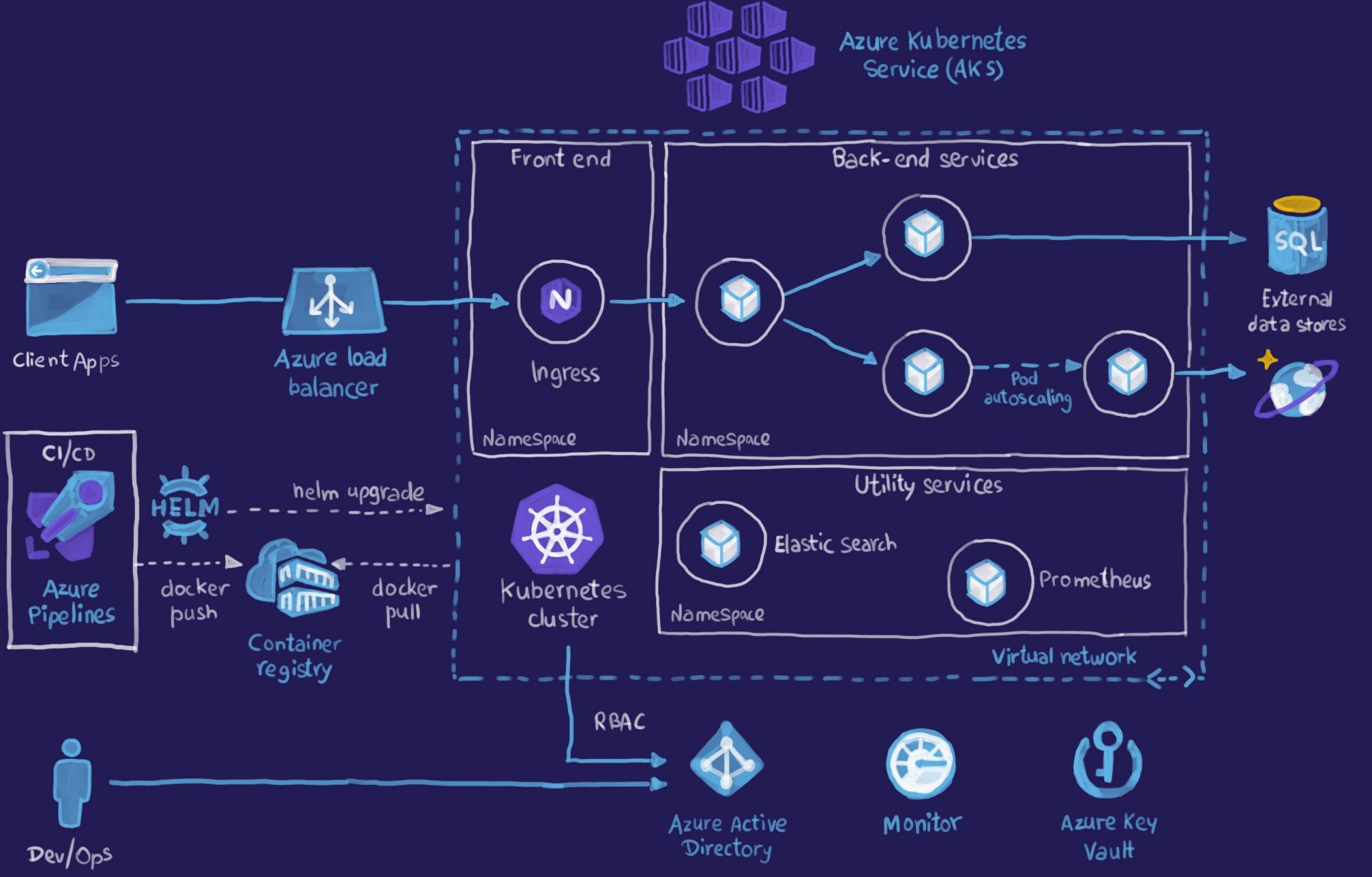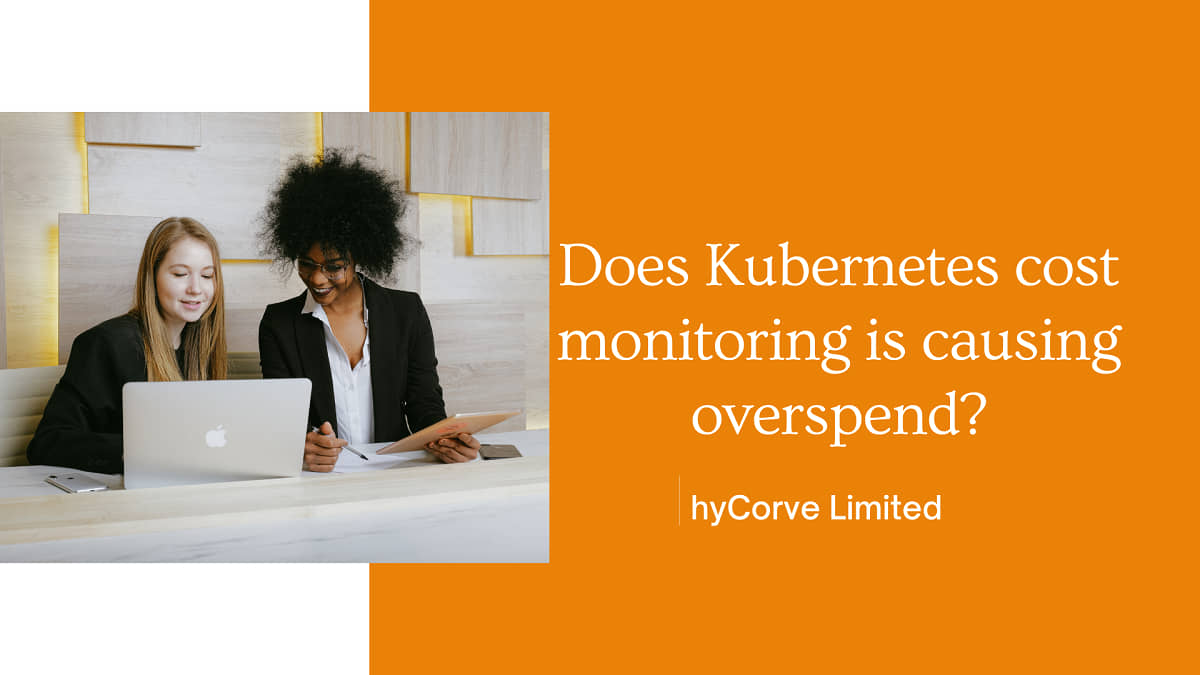This post is for those who want to decide between Managed Kubernetes provider or Self-Managed Kubernetes provider?
Introduction
Running Kubernetes is still a lot of work and requires deep domain experience. More importantly, it takes time to plan, introduce and start production. Although the advantages of Kubernetes are considerable, managing Kubernetes is not just set-it-and-forget-it.
Every company must think about the buy vs. rent paradigm. It concerns the calculation of costs and risks and the assessment of whether they are offset by the benefits of a specific solution.
Building your own Kubernetes deployment is a challenging job. The effects of making the wrong choices are long-lasting and can affect the availability, efficiency, and agility of applications. Although designing an in-house solution may be cheaper, the design may be of poorer quality or may have bugs that will only be discovered once you are in production.
And really, what is the business about? Is it about developer velocity, creating flow, reducing the work in progress, and using time and resources efficiently, or Is it about mastering the complexity of making the perfect Kubernetes cluster?
Challenges with managing cluster
Kubernetes is an orchestration tool, it is a huge, sophisticated, compelling tool. The biggest challenge managing Kubernetes is about making sure that Kubernetes environment is highly available, resilient, flexible, up to date, secure, and efficient. Managing few nodes on your infrastructure might not be a daunting task but as the number of nodes increases the complexity and the initial CapEx increases exponentially. Your business also have to spend extra to maintain the infrastructure, licensing, and team to manage it.
While managing Kubernetes does not move your business forward, but the uptime, response, and swiftness in deploying new applications do. For your business availability of Kubernetes matters. Your developers do not care who built it where it came from, for them what matters is that it works, it is up to date and secure.
While developers do not care about the implementation specifics of a cluster or its operational state, someone still needs to do some operational work to ensure that the cluster is up-to-date, stable, and secure. A significant part of this work consists of jobs such as managing node lifecycles, deploying new hosts, and ensuring that hosts are kept up to date with the latest OS updates and container runtime versions. Setting up a monitoring solution to keep an eye on Kubernetes infrastructure is notoriously challenging and even more problematic. This can lead to a massive time sink for administrators and other infrastructure professionals, stopping them from helping developers solve their problems.
Managed Kubernetes services
Managed Kubernetes is when a company like CIVO takes over responsibility for all the work necessary for the successful set-up and operation of Kubernetes. We at CIVO take care of hosting with pre-configured environments, full hosting, and operation, so your business can focus on its operations and let the experts take care of everything.
Kubernetes already includes an impressive set of features, including scalability, detached credential configuration, self-recovery, workload management and batch execution, and progressive application deployment, but they require significant manual configuration, but we take care of much of this configuration for you and guide you through the decision-making process with our dedicated support and consultancy.
Once your set-up is operational, we provide the tools necessary to automate routine processes such as updates, scaling, load-balancing, and monitoring. With our managed Kubernetes service, we include a hosting platform, that will also manage all the maintenance and configuration needed for your infrastructure.
What to choose between Managed or Self-Managed
With any self-managed service comes a CapEx. CapEx is generally defined as a long-time investment. But many business struggles of think of years ahead about anything especially start-ups. If your business’s goal is to grow its market share from zero, then you should not be distracted by initially investing in such fixed assets. Your business should be more focused on building its solutions and delivering them faster to the clients.
With a sudden burst of users or use can easily cripple your self-managed infrastructure, this is where managed service providers shine as with your requirement you can easily scale up or scale down your infrastructure.
With managed service provider’s built-in authentication and access controls for centralized management can reduce time spent on user and security management and simplify configuration auditing. CIVO provides high-availability and optimize load-balancing features already present in Kubernetes. Monitoring and logging should be automated and centralized, for easy auditing and verification of performance.
TL;DR
Most of the time it is better to go with managed Kubernetes service providers as they take care of everything for you and your business can just use it when they need it, without initially investing or locking its funds. It also saves your business a lot of time and money as the service provider takes care of all the necessary skills, time, and hardware required to manage your cloud.
Check Out Sportsfeed for Sports News, Reviews & More. Shaurya Loans Cityhawk Fauji Farms City Hawks Sports




March 20, 2021, 10:15 am